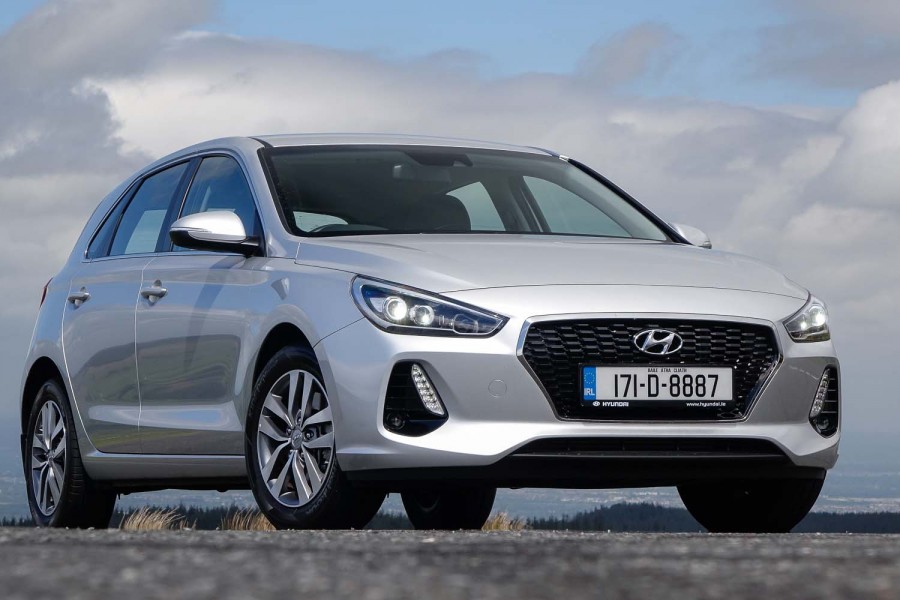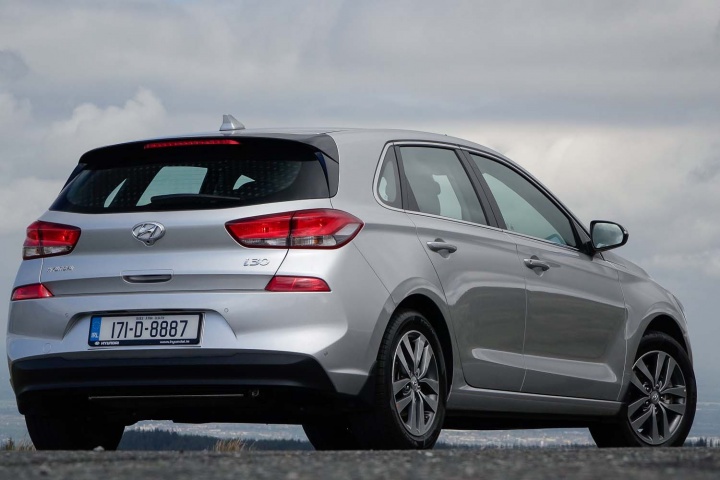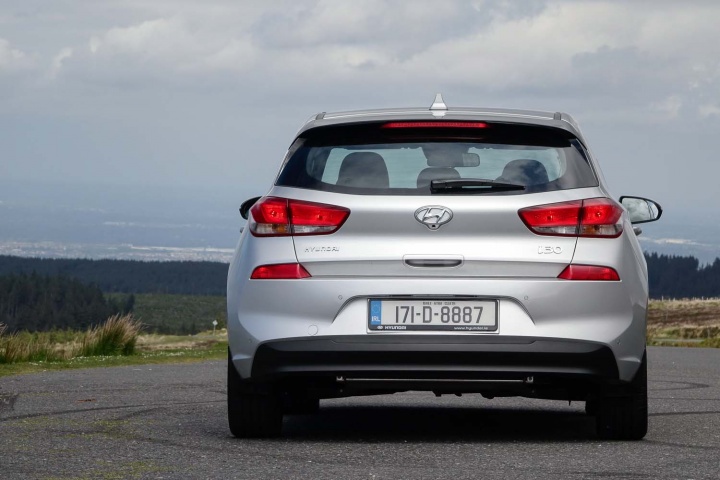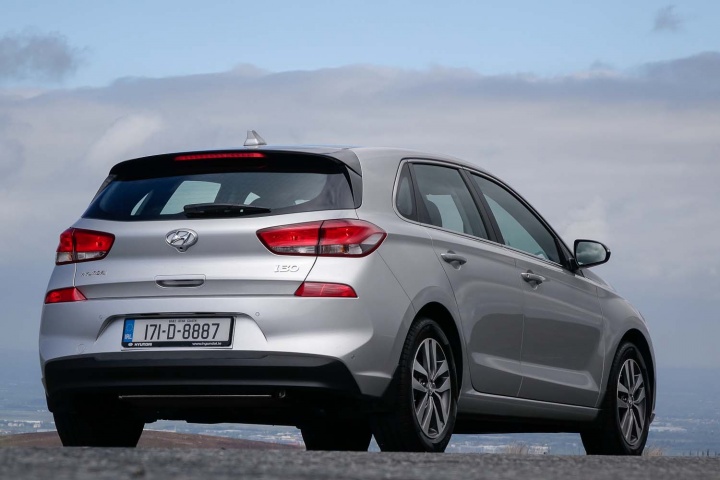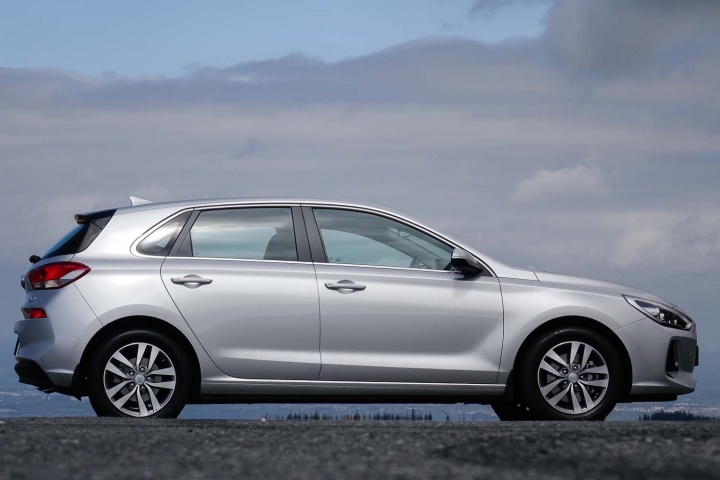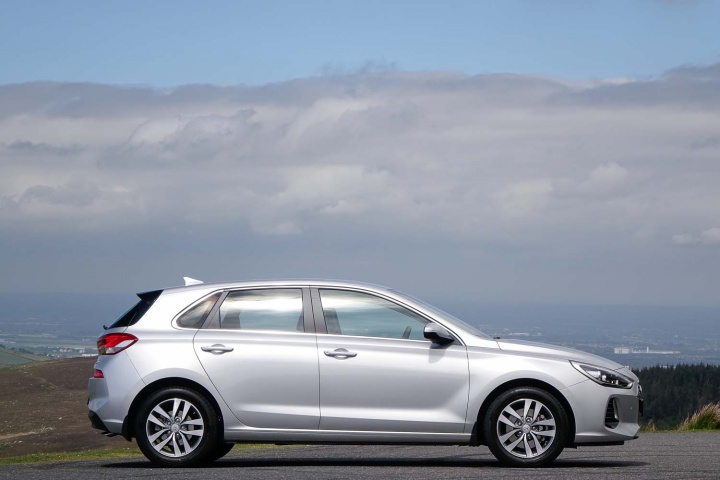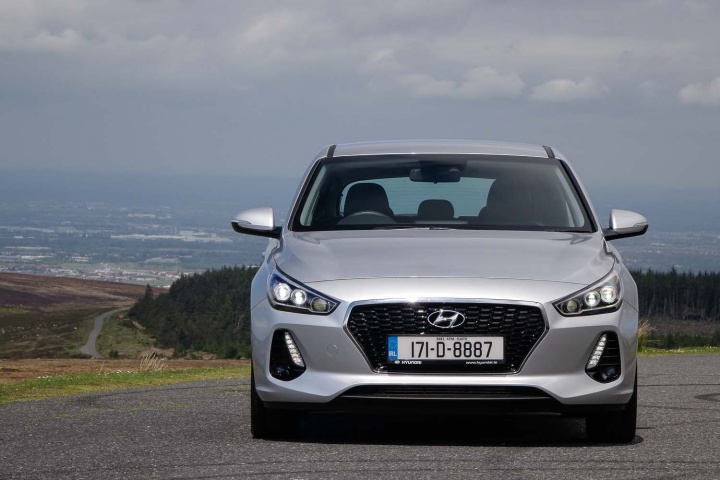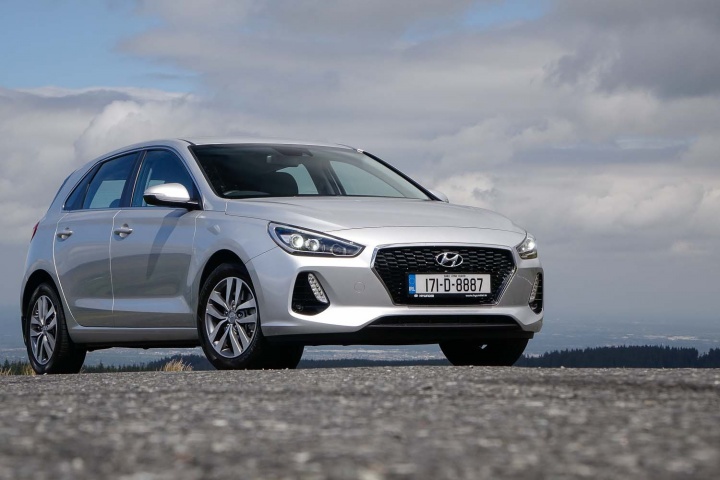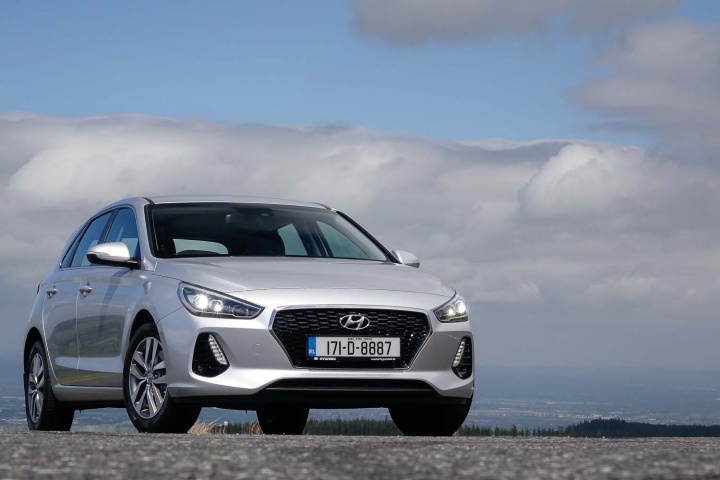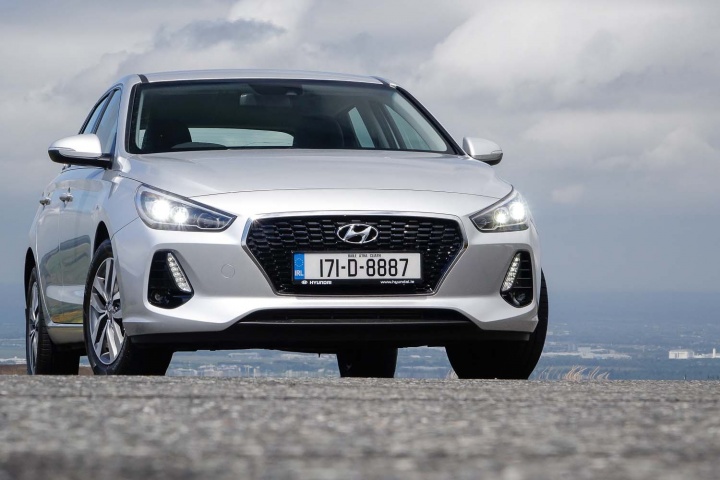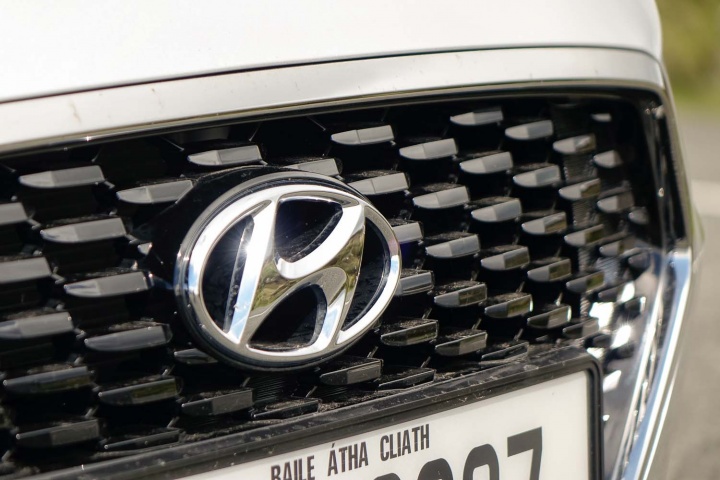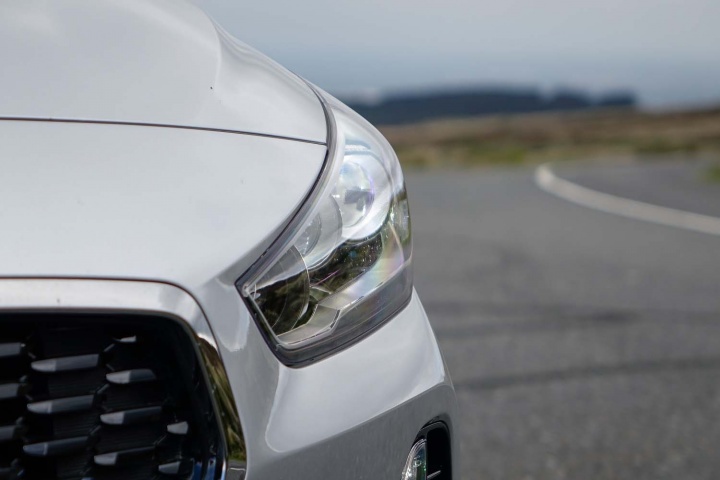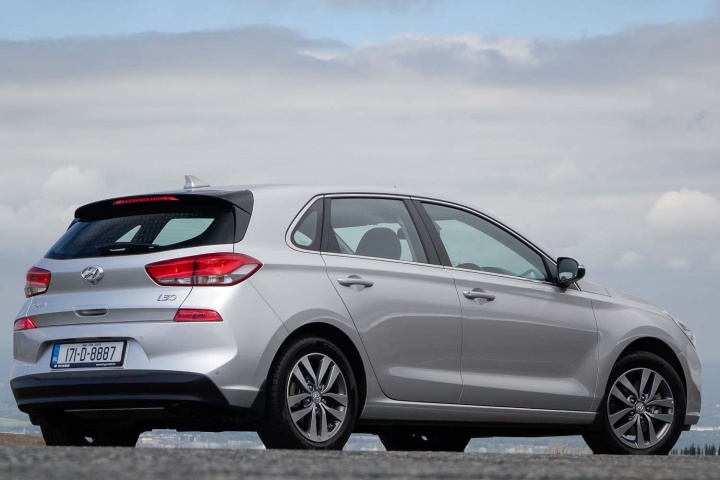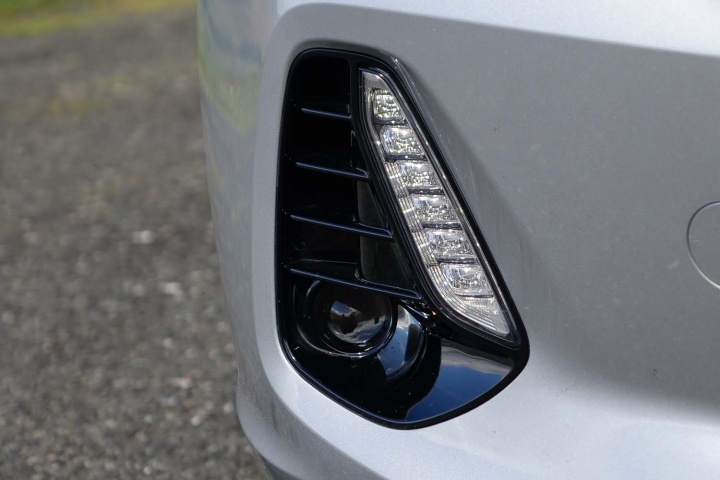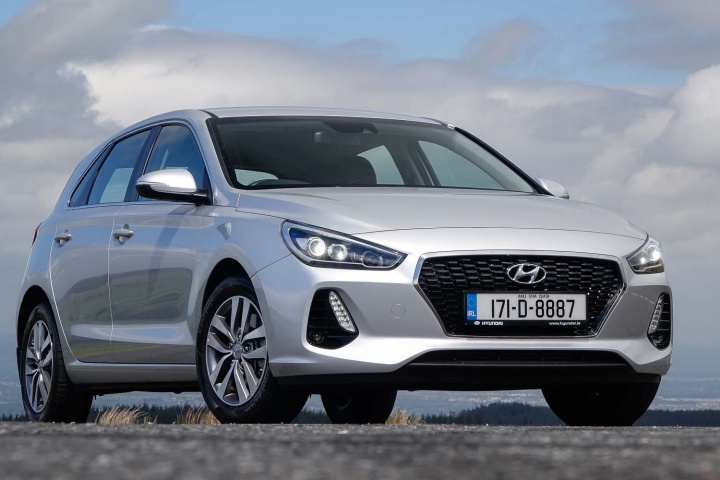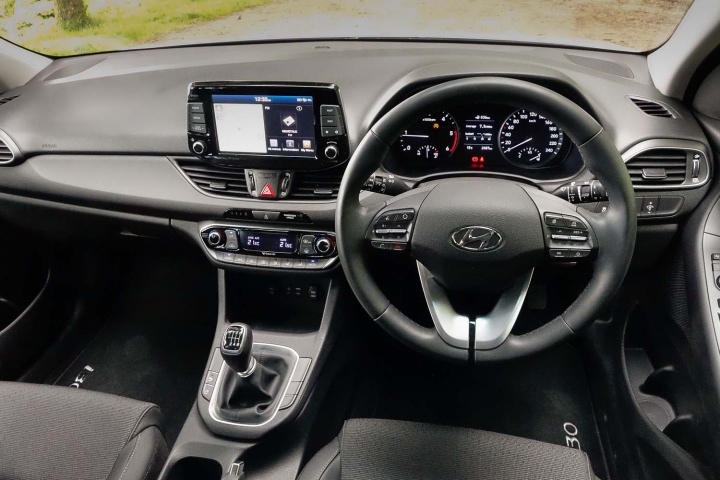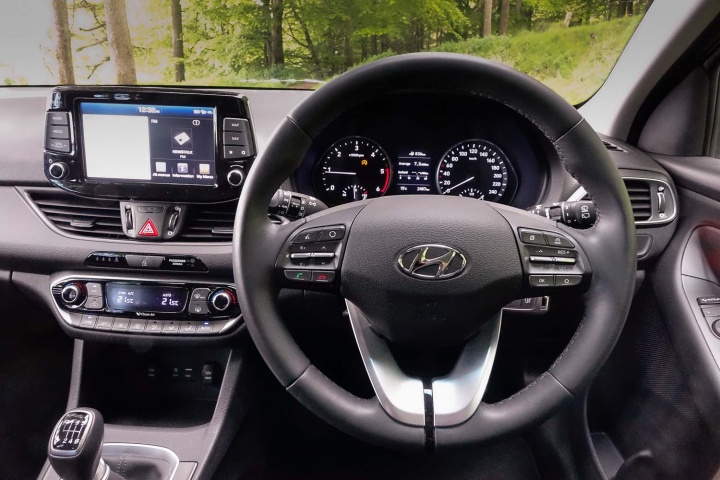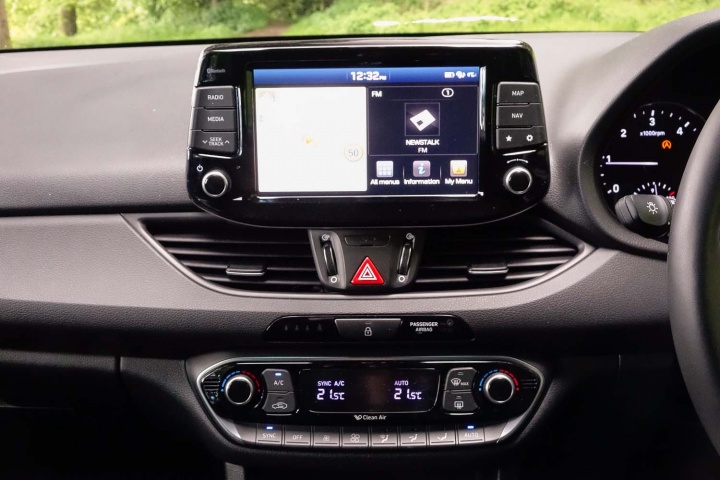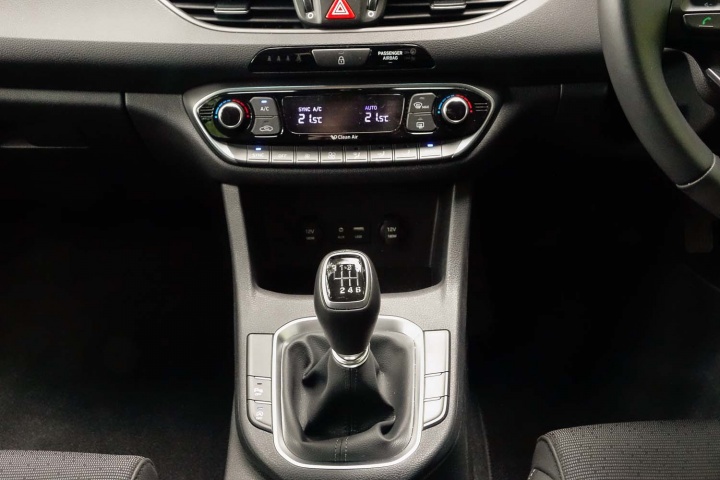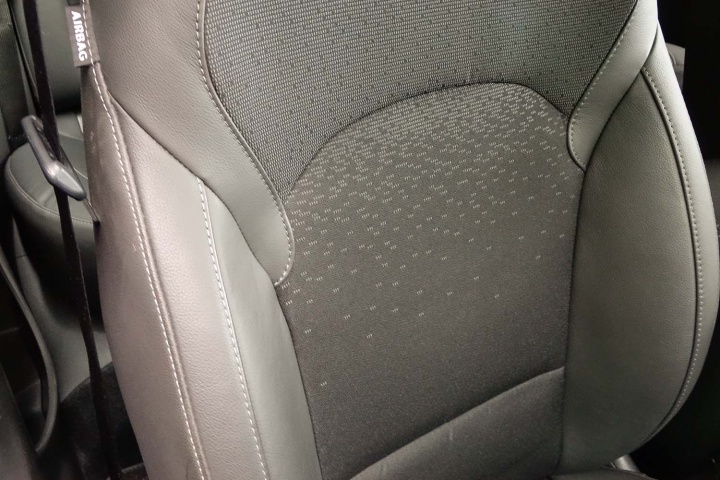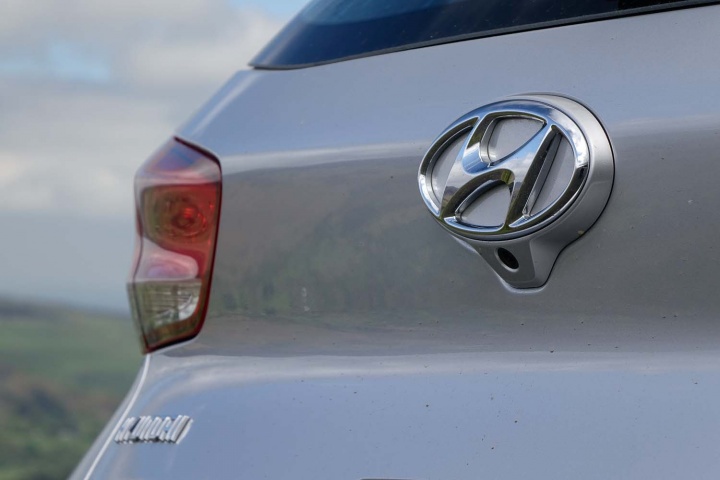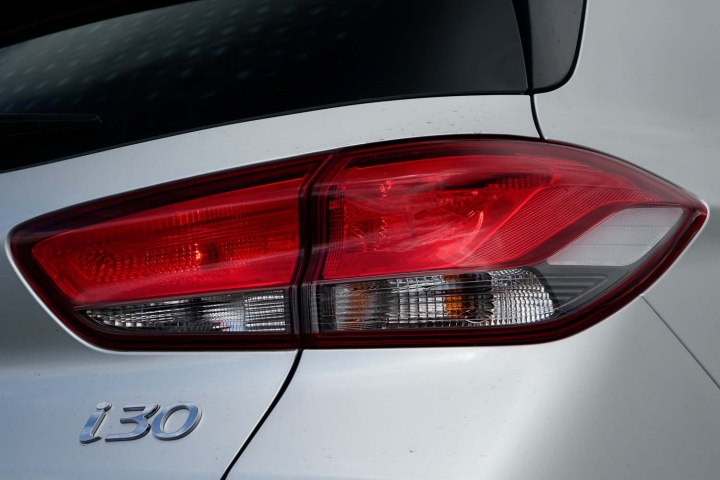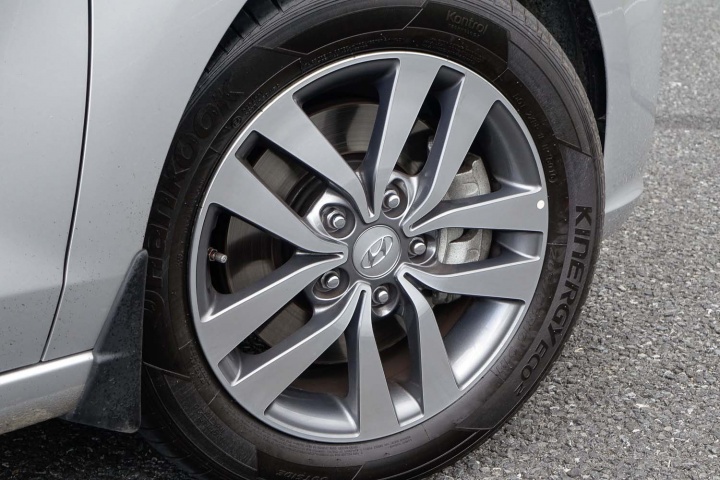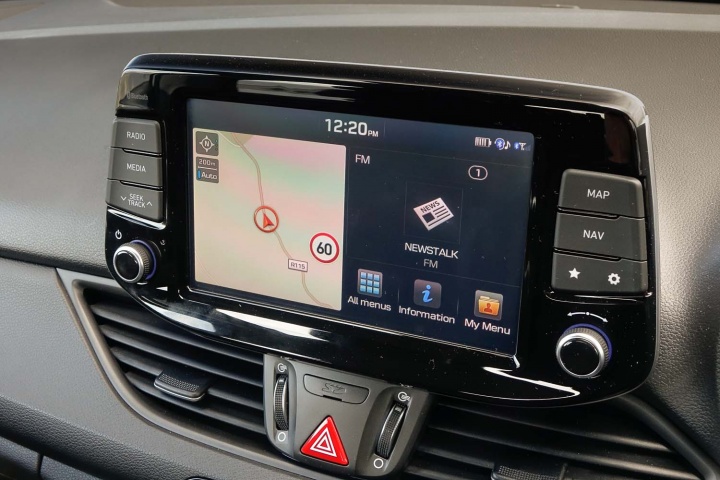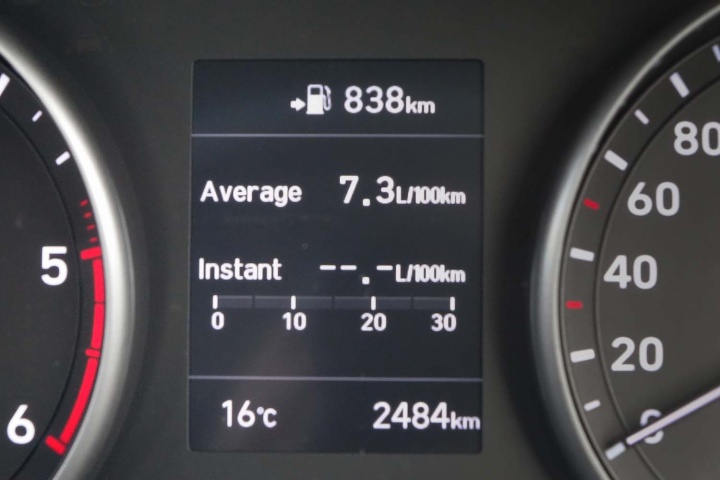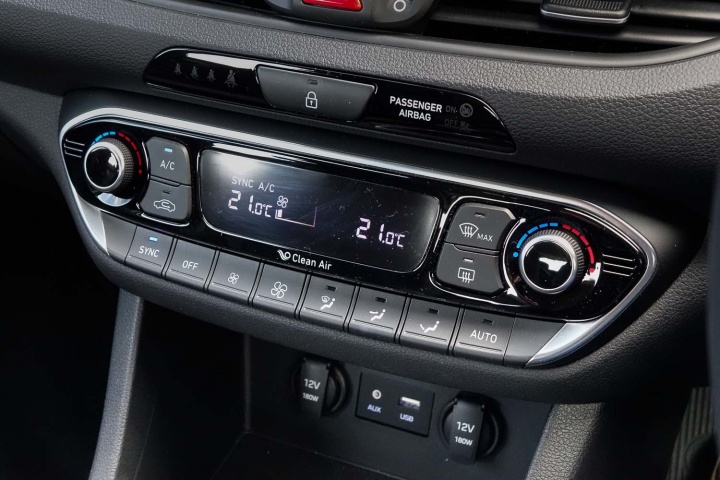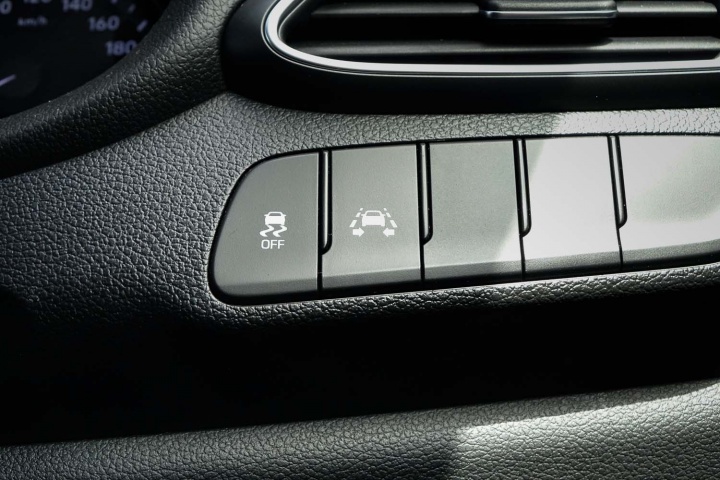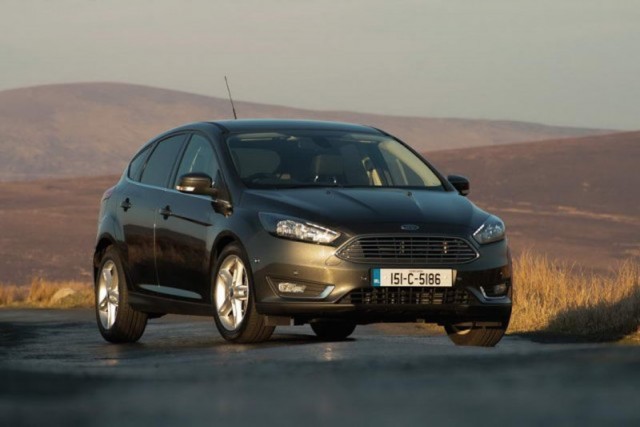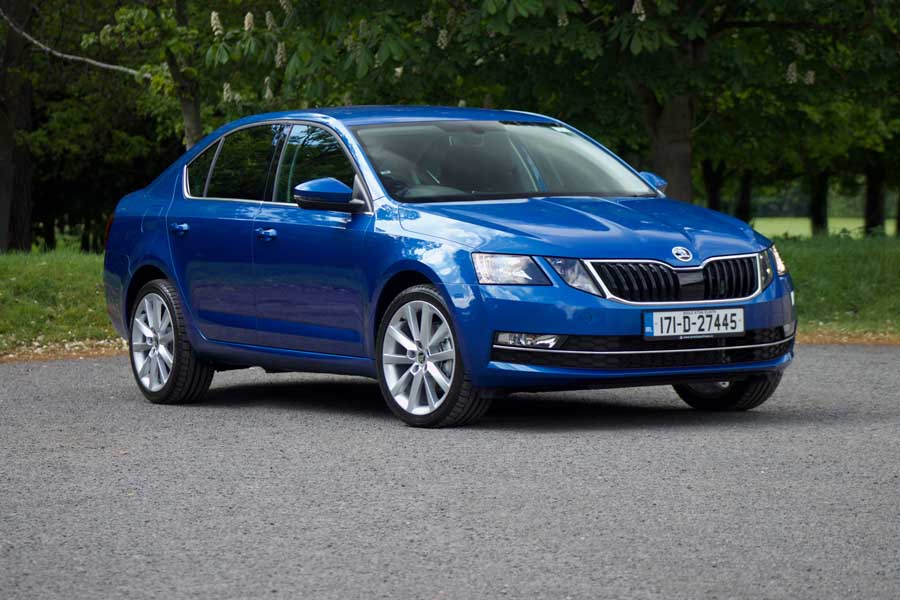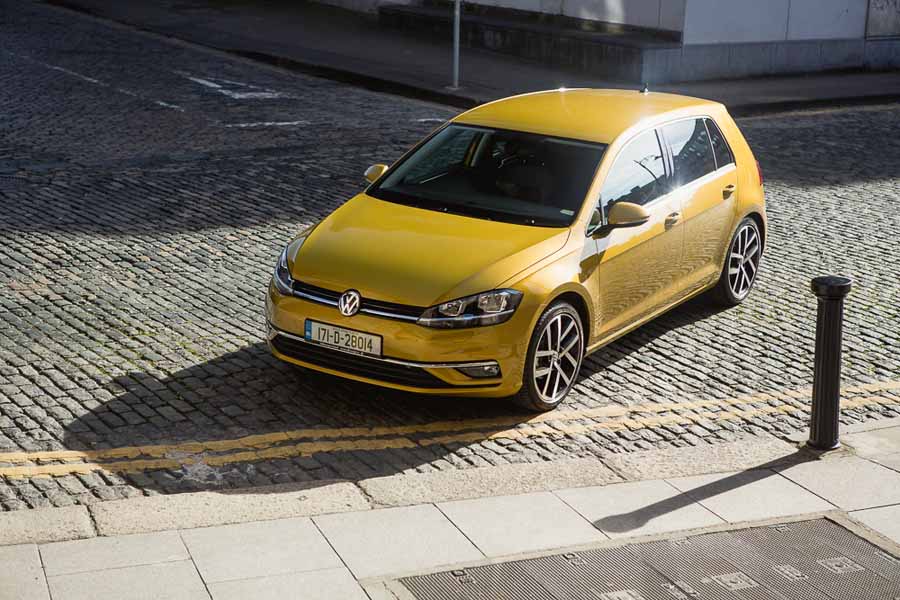Good: smart styling, high-quality cabin, space, good value, long warranty.
Not so good: ordinary to drive.
The first Hyundai i30 was a car that, frankly, rocked the automotive world. Just as Lexus scared the bejeesus out of Mercedes with the original LS 400 in 1989, so too did Hyundai send shivers through the boardrooms of Volkswagen, Ford, Opel and so many others when it unveiled the original i30 in 2007. It may have looked very plain on the outside, but the original i30's quality, value, and yes even its relatively enthusiastic driving experience laid down notice that Hyundai was leaving its bargain-bucket roots well and truly behind.
A second-generation model in 2012 brought rather more dramatic styling and a higher-quality cabin to the mix, and now here in 2017 we have the third-gen i30. I think we can safely call this the mature one.
Check out that styling, for a start. Yes, it closely follows the overall silhouette of the Volkswagen Golf, simply because that's what pretty much everyone in the segment does. But I think that the i30's styling bespeaks a more confident, more (that word again) mature Hyundai. Gone is the over-egged styling of the previous generation car and in comes subtle, handsome stuff. That 'cascading' grille has more than a touch of Infiniti about it, while the crisp, largely-straight lines actually put you mildly in mind of Audi. Praise comes little higher than that.
There's more good news on the inside, and again more than one or two Audi allusions to be found. The neat three-spoke steering wheel and the way the central eight-inch touchscreen is mounted slightly proud of the top-line of the dashboard are all very Germanic, while the continuous line that sweeps out from the instrument binnacle and wraps itself around the furthest air vent actually looks like a direct lift from the Jaguar XE. The new i30, then, is a car with ideas above its station.
Our test car was one of the priciest versions you can buy - a 1.6-litre Diesel Deluxe Plus, clocking in at €25,995. Now, that looks like a vertiginous step above the basic, entry-level model, but it does come utterly rammed with equipment. There's that touchscreen (which is really simple and pleasing to use, and comes with Apple CarPlay and Android Auto), plus cruise control, Bluetooth, voice control, a rear-view camera, dual-zone climate control, LED headlights with high-beam assist and autonomous emergency braking.
Ah, yes, about that. Hyundai's autonomous emergency braking system uses a camera, mounted up behind the rear-view mirror, to scan the road ahead for potential dangers. The problem is that if that camera's view becomes at all obscured, it switches the system off and flashes a little warning light in the instrument binnacle to let you know. At first, it seems worrying and then fast becomes irritating because it does seem to happen a lot, especially if you're driving through very heavy rain. To be fair, around town at lower speeds, it never switched off and that's where you're going to need it most. We spoke to Hyundai about the issue, and were told that it's designed into the car, and is arguably more honest than other systems that, perhaps don't tell you as quickly when they're not functioning. It's still annoyingly hair-trigger, though.
The 100hp diesel engine has been around for a while, and proves to be as good as it's ever been. True, we'd have preferred Hyundai's rather more engaging 1.0-litre T-GDI turbo three-cylinder petrol unit, but the diesel is agreeably accelerative, and tolerably refined. Decently economical too - our observed 53mpg economy over a week should translate into 60mpg if you take it gently.
With a healthy 280Nm thump of torque at low rpm, this i30 is actually a very relaxing car in which to travel. The seats are comfy, the cabin roomy and pleasant in which to be and the sound system more than decent. All of which is just as well, because the i30 is deeply unmemorable when you get to a twisty section. It's very well-behaved, doesn't put a wheel wrong in general and rides mostly very well, but the steering is so light and detached that you feel as if Hyundai is half trying to prepare you for life once the autonomous cars have taken over. Perhaps most people don't really crave sports car responses from their family hatch, but the likes of the Golf, the Octavia, the Focus, the Astra, the Peugeot 308 and others all provide a more engaging experience from behind the wheel, and there's no reason why Hyundai can't do the same. Indeed, the performance of the new i30 N hot hatch shows that it can, when the mood takes it.
Of course, most people will be far more concerned with the lengthy five-year warranty, the roomy almost-400-litre boot, the comfy back seats and the tempting €200-a-month PCP offer. Perhaps they're right to be, but we can't help feel that, in making the i30 as over-light to drive as it has, Hyundai hasn't quite built as good a car as we know it can.

